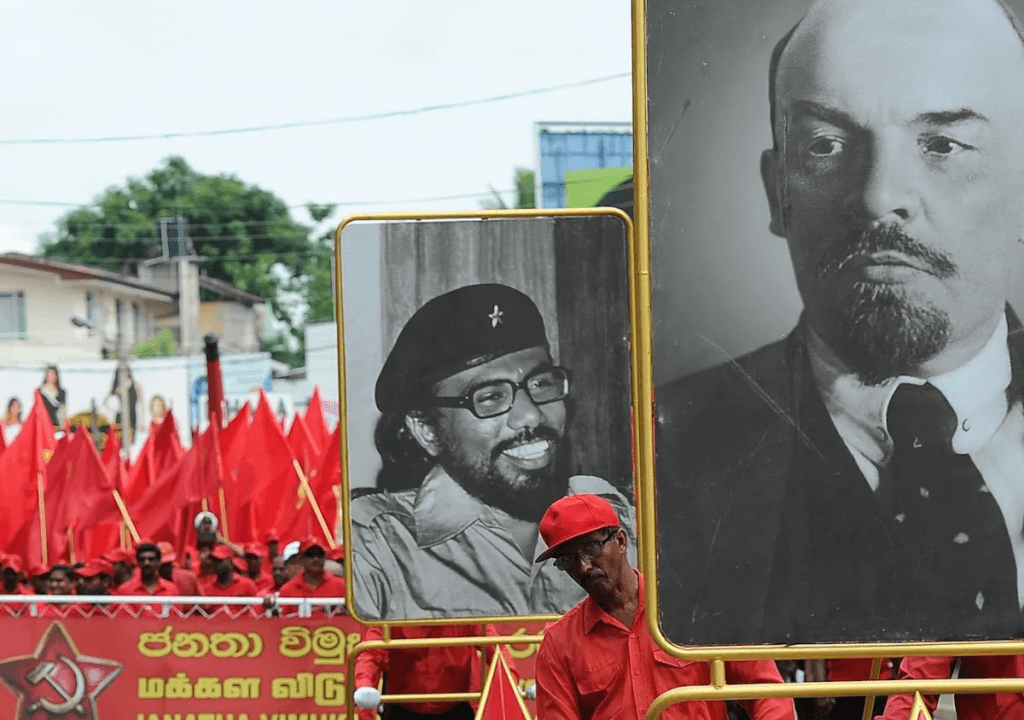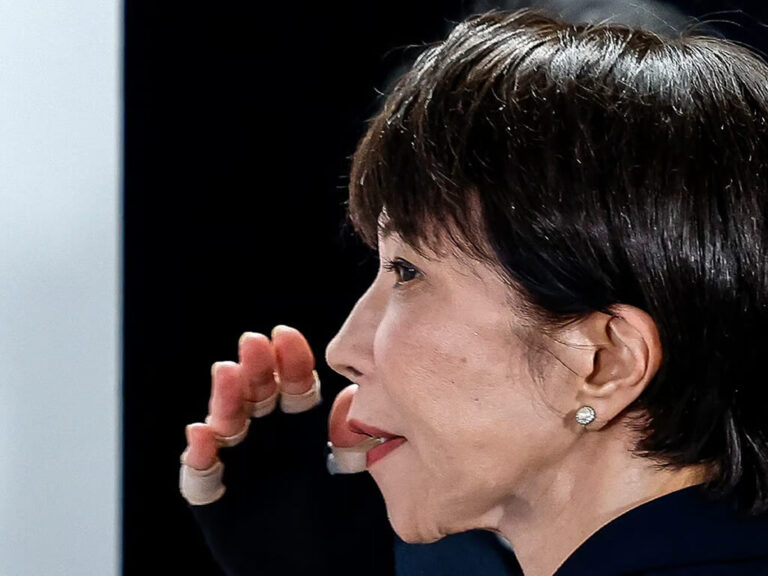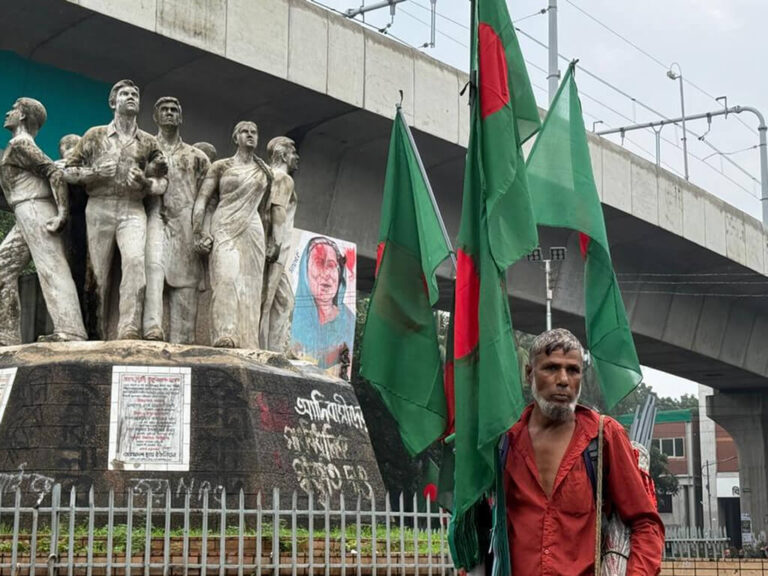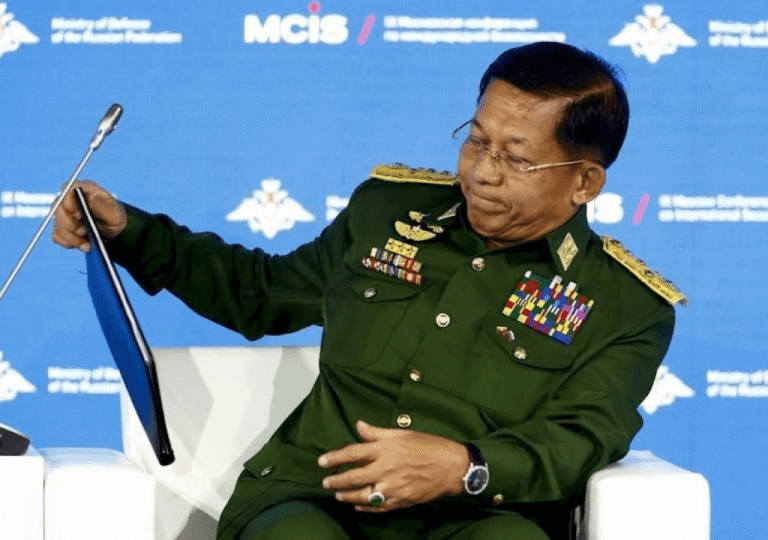Sri Lanka, once on the brink of collapse, now finds hope in communism. Frustrated with conventional political parties, dynastic politics, and rampant corruption, the people have rallied behind the country’s communist party, Janatha Vimukthi Peramuna (JVP), and its alliance under the banner of the National People’s Power (NPP). Last month, voters elected Anura Kumara Dissanayake, the party leader and former revolutionary, as president. The snap parliamentary elections he called led to a resounding victory for the party, which secured nearly two-thirds of the seats in Parliament.
This remarkable victory for the JVP marks a significant shift in Sri Lanka’s political landscape, driven by widespread dissatisfaction with previous governments. Sri Lanka’s newly elected communist government now inspires communist parties across the region, who view it as a model for achieving their own political ambitions.
However, this transformation has alarmed democracy advocates. In a small, politically volatile nation, many fear that Sri Lanka could transition into a one-party communist state, similar to China or Vietnam. The rise of a communist government in South Asia also promises to reshape regional politics, potentially altering the balance of power.
The election for the 17th Parliament of Sri Lanka, held on November 14, 2024, mirrored the presidential election from two months earlier, but with an even more decisive victory for President Anura Kumara Dissanayake and his communist Janatha Vimukthi Peramuna (JVP) party, now led by Prime Minister Harini Amarasuriya. The National People’s Power (NPP) emerged as the largest group in Parliament, securing 61.65% of the popular vote and winning a supermajority with 159 seats out of the total 225. The Samagi Jana Balawegaya (SJB) became the main opposition, capturing only 17.66% of the vote and a reduced total of 40 seats.
Additionally, the Ilankai Tamil Arasu Kachchi won 8 seats, the New Democratic Front secured 5 seats, and the Sri Lanka Podujana Peramuna, the winner of the previous election, fell to just 3 seats—a sharp decline from the 145 seats they had secured in the last election. This outcome reflected public dissatisfaction with the ousted leader Mahinda Rajapaksa and his political dynasty. The NPP’s 159 seats marked a historic achievement, surpassing all other Sri Lankan political parties and securing the second-highest proportion of seats in the nation’s history. The NPP won every district except Batticaloa. This was also the first election since 1977 in which a single party achieved a supermajority, and the first time a non-Tamil political party won the former separatist Jaffna District. The results delivered a clear verdict on how the 2022 Sri Lankan political crisis reshaped the country’s political landscape, as ultra-nationalism gave way to communism, marking a dramatic shift from global trends, or something akin to British politics.
Sri Lanka’s victory marks the second instance of a fully communist government in South Asia without any coalition with centrist parties, following Nepal. This achievement, in a region once dominated by nationalism, is a significant milestone for communism as a global movement seeking to expand its influence. South Asia, one of the most populous regions in the world, has not embraced communism despite being fertile ground for it. Many hope that the communist victory in Sri Lanka will inspire communist factions in other South Asian countries.
In India, once a communist hotspot, the movement now has very low or negligible representation in parliament, holding only a small state. Beyond that, communists have no significant role in Indian politics. Nepal, despite having a communist president and prime minister in the past, now experiences large splits within coalitions with centrist parties, holding little power compared to before. While many expected communism to fade from the region, Sri Lanka offers new hope. The country is already deeply tied to China through massive economic debt, making it easier for China to operate and spread communism from this Indian Ocean island, a gateway to the Indian subcontinent.
Reports indicate that Indian communists are already celebrating this victory as they struggle for survival, particularly in Kerala, the only Indian state still governed by communists. The triumph of communism over nationalism is something they have long desired. In Nepal, the communist party is gaining ground as people grow frustrated with frequent changes in government. In other religiously dominated countries in the region, like Pakistan, Bangladesh, and the Maldives, communist influence remains weak. However, in Bangladesh, there have been reports of communist-linked parties hoping for a communist government. As communism is a pan-nationalist ideology, Sri Lanka’s victory could inspire and support other communist movements across the region.
While many believe a communist Sri Lanka could emerge through the systematic occupation that communism deploys, others question how long the island can remain united, given its ethnic and cultural divisions and the fact that the population is only united by their hatred of the previous government. The United States will likely oppose the growth of communism, particularly with the Trump administration in charge. The country is highly volatile, and easily influenceable by the U.S., as its people are both educated and, at the same time, hopeless. India, too, would not want a communist government that could align closely with China. They will probably attempt some form of cultural uprising. But for now, it is clear: Sri Lanka is red, and communism has once again opened a door to the Indian subcontinent.








